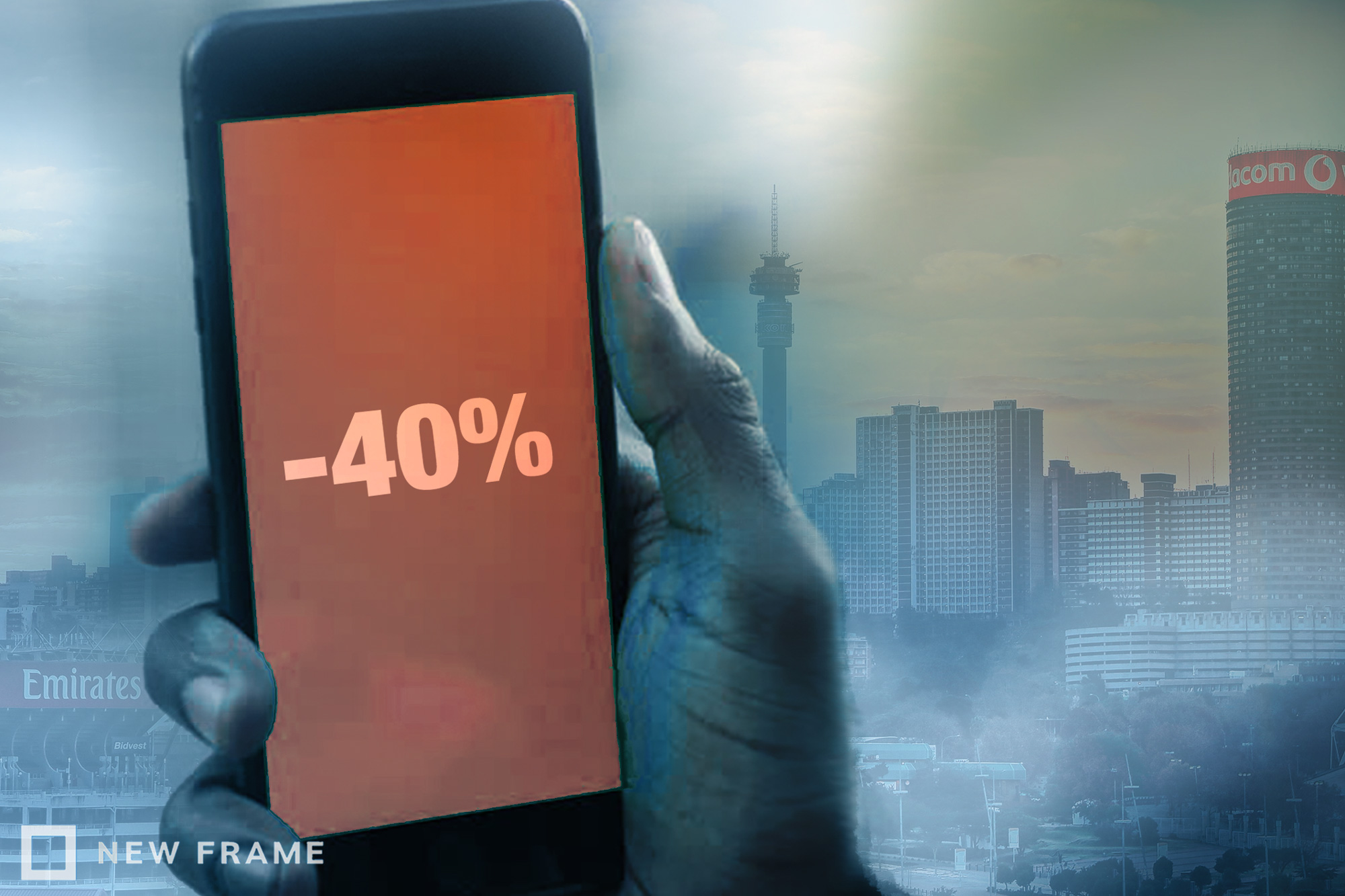No recourse for exploited Vodacom customers
The mobile operator will cut data prices by 40% moving forward, but is off the hook for its alleged price discrimination against the poor in the past.
Author:
11 March 2020

Consumer hopes that South Africa’s mobile operators would finally be penalised for years of allegedly exploitative high data prices were dealt a major blow this week when the settlement between the Competition Commission and Vodacom was announced.
Stakeholders and journalists present at the announcement questioned both the price reductions agreed on by the two parties and the lack of a punitive fine for alleged price discrimination against poor pre-paid subscribers.
Tebogo Khaas from the Institute for the Advancement of Public Interest asked the panelists, who included commissioner Tembinkosi Bonakele, Vodacom chief executive Shameel Joosub and Minister of Trade and Industry Ebrahim Patel, why the settlement was doing nothing to redress Vodacom’s extraction of profits from the poor, while a journalist described the settlement in a question to the panel as a “slap on the wrist”.
Khaas later took to Twitter, calling the settlement “a spectacular disappointment”. He tweeted: “So much hype for so little to show.”
‘Bias against the poor’
The Competition Commission said in December, in the final report on its mobile data market inquiry, that it had uncovered evidence of a pattern of “exploitative price discrimination” that takes advantage of prepaid subscribers.
The findings showed that prepaid consumers were being exploited by being charged relatively higher prices for data than contract customers, and that the mobile network operators have offered no compelling evidence why this is so.
At the time, Bonakele accused South Africa’s mobile giants of having a “bias against the poor” and was clear that there is a prosecutable case for which the companies must answer. However, the settlement means that these allegations will now never be tested in a court of law. Attempting to address this criticism, Bonakele said that the issue of this history is a “difficult one”.
Related article:
He said that if the commission had gone the route of litigation, the matter could have dragged on for five to 10 years and the benefits to consumers reached in the agreement may never have materialised.
Competition Commission chief economist James Hodge said the commission expects the agreement to be a “catalyst for change” in the mobile sector and could spark a “sea change” in pricing in the sector.
“Vodacom’s competitors will have to respond and Vodacom will probably have to respond back,” he said.
What the agreement says
Joosub said the settlement will see R2.7 billion in savings for customers, but refused to be drawn into discussions of price discrimination and artificially inflated prices. He made it clear that Vodacom still disagreed with the commission’s findings in its final report, but didn’t see sense in fighting with the commission further.
Joosub called the settlement Vodacom’s “social contract” with regulators and consumers. According to Bonakele, Vodacom has committed to reducing the prices of all its monthly data bundles by more than 40% over two years.
The first reduction will take place on 1 April 2020 and the second on 1 April 2021. Vodacom’s one-gigabyte package was used as an example. Its price is expected to drop to R99 from R149 on 1 April, a 34% reduction in price.
Related article:
Bonakele also announced that Vodacom had agreed to zero-rate government, university and emergency services websites, job portals and Wikipedia pages.
The agreement is subject to confirmation by the Competition Tribunal and certain conditions are confidential to protect competition in the market. Speaking about ongoing negotiations with mobile service rivals MTN and Cell C, Bonakele said those two companies were now in “injury time” regarding settling with the commission and that he expected to have news on these negotiations within the next two weeks.
“If we don’t conclude agreements with them, then we will have to go back to a litigation process,” said Bonakele.


